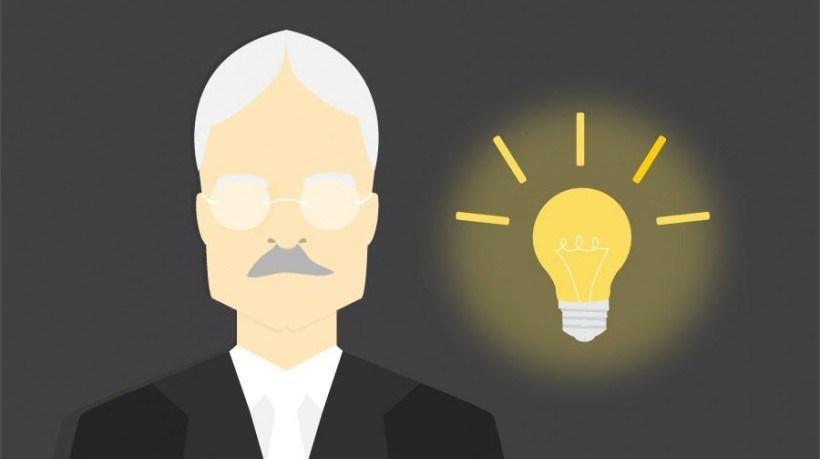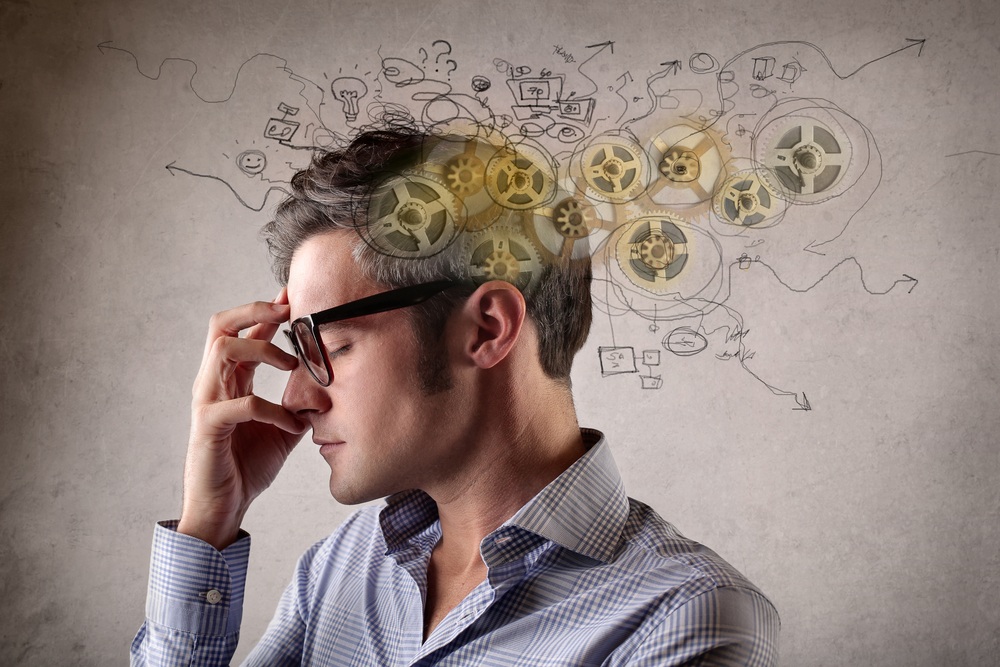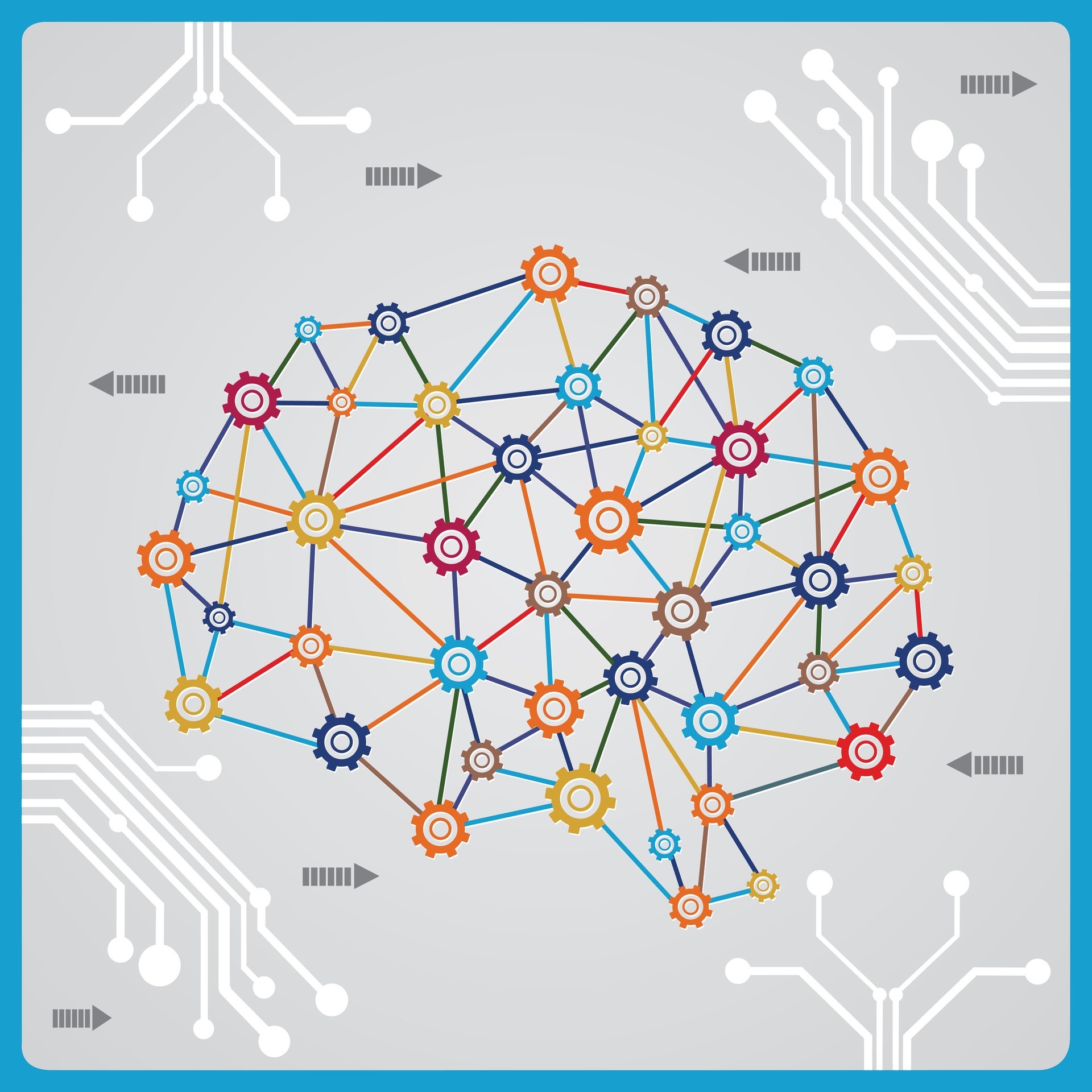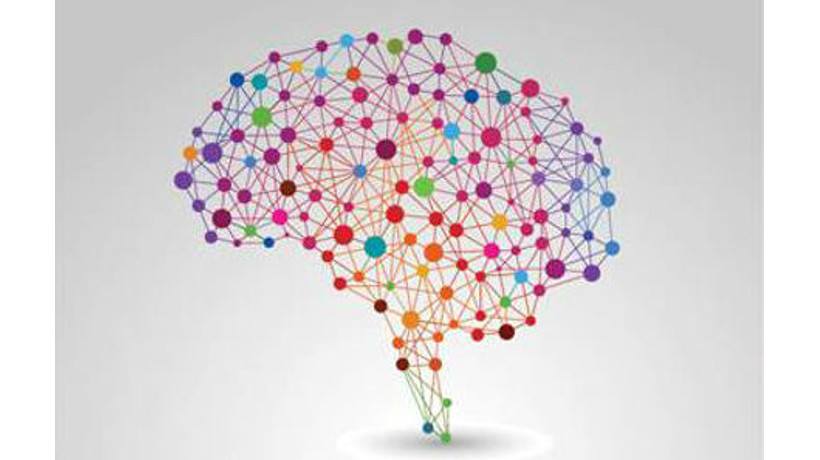March 21, 2016
Cognitive Limitations Of Adult Learners In eLearning: 6 Factors To Consider
The human mind can only absorb so much before it throws in the proverbial towel. But how much is too much? In this article, I'll delve into the 6 factors that determine the cognitive limitations of adult learners, so that you can increase knowledge retention and prevent cognitive overwhelm.
by Christopher Pappas











